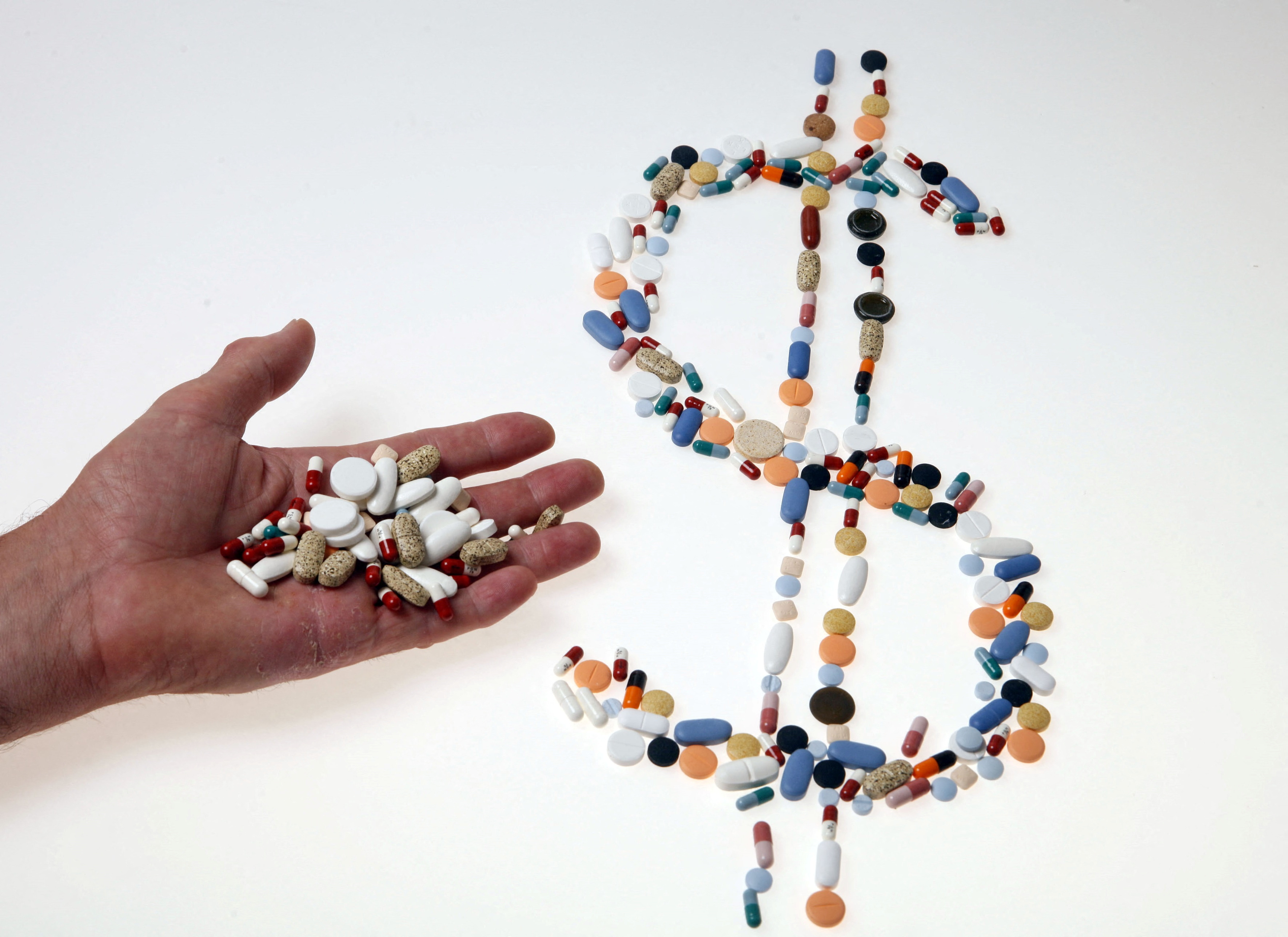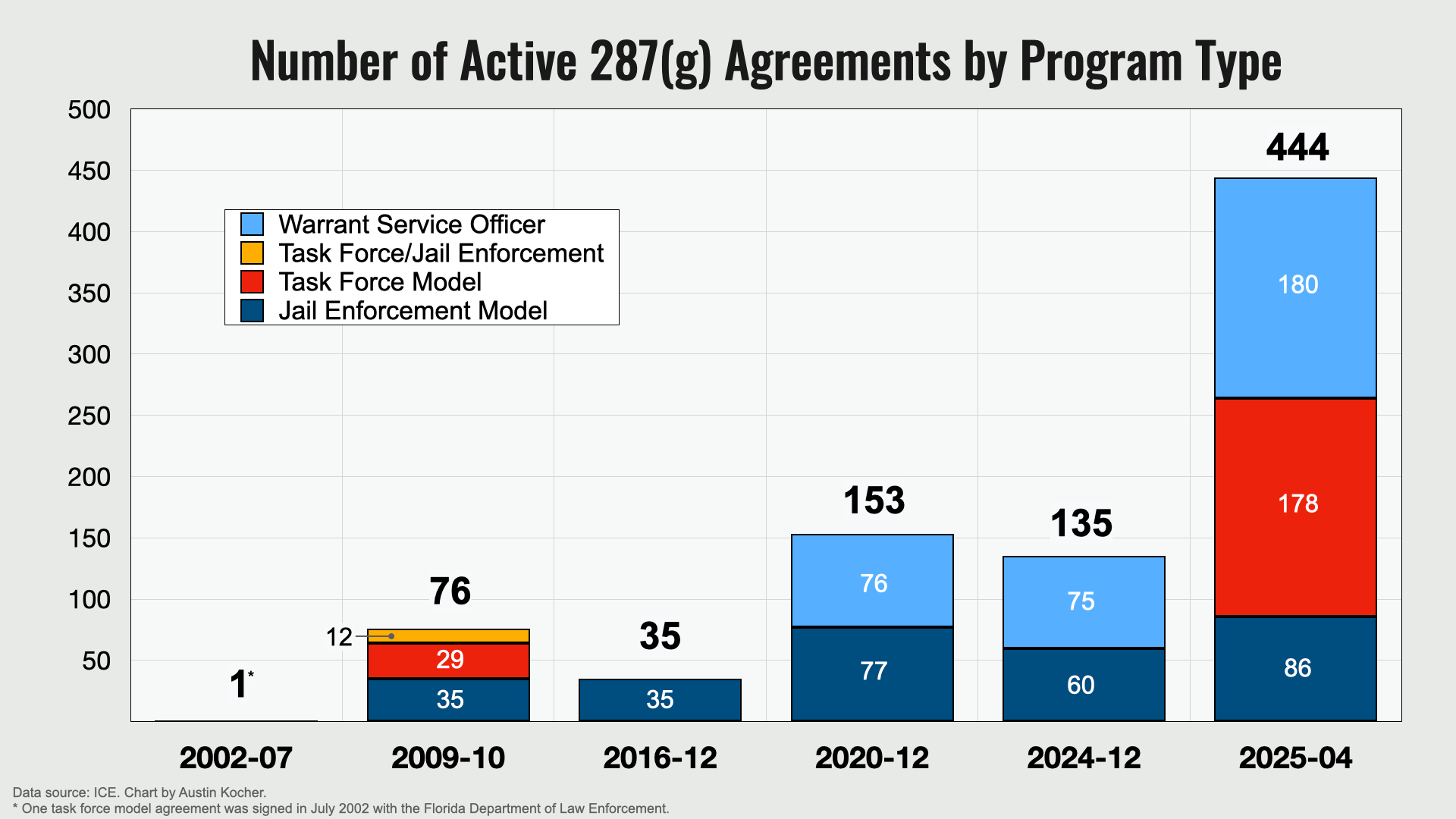
24 Jan, 2026
3 min read
Trump Urges Major Pharma Firms to Match U.S. Drug Prices with International Rates
President Donald Trump has dispatched letters to the CEOs of 17 prominent pharmaceutical companies, urging them to lower U.S. prescription drug prices to levels comparable with those paid abroad, according to the White House. This move follows an executive order signed in May that demands drug manufacturers cut domestic medicine costs or face potential government interventions, including rules to force price reductions or importing cheaper medicines from other countries.
Among the companies contacted were Eli Lilly, Sanofi, Regeneron, Merck & Co., Johnson & Johnson, and AstraZeneca. Copies of the letters were shared on Trump’s Truth Social platform.
In the correspondence, Trump criticized previous proposals addressing drug pricing as ineffective, stating, "Most proposals my Administration has received to "resolve" this critical issue promised more of the same; shifting blame and requesting policy changes that would result in billions of dollars in handouts to industry."
Following the announcement, shares of key pharmaceutical firms such as Pfizer, Eli Lilly, and Gilead Sciences declined roughly 2%, while the NYSE Arca Pharmaceutical Index dropped 3%.
Trump’s directive calls for drugmakers to extend "most-favored-nation" pricing to all patients enrolled in Medicaid and for new drugs to be included under this pricing framework. The policy aims to bring U.S. prescription drug prices down to the lowest rates paid by member countries of the Organisation for Economic Co-operation and Development (OECD), which comprises many of the world’s leading economies.
Additionally, companies are expected to refund excess revenue earned abroad if price hikes in other countries led to higher costs than those imposed in the U.S., effectively offsetting price reductions domestically. Trump also demands that U.S. prices not be exceeded by prices offered to other developed nations. His administration plans to facilitate direct sales to patients by eliminating intermediaries, contingent on adherence to most-favored-nation pricing.
Pharmaceutical companies were given until September 29 to submit binding commitments in support of these terms. Trump warned, "If you refuse to step up, we will deploy every tool in our arsenal to protect Americans from abusive drug pricing practices."
Industry experts expressed skepticism about the feasibility of compliance. Stacie Dusetzina, a health policy professor at Vanderbilt University, indicated that companies might assess whether some drugs could be offered through direct sales at reduced prices. UBS analyst Trung Huynh characterized the letters as a reiteration of past demands with limited practical impact, calling it "just another shot in the dark."
Despite the push, several pharmaceutical firms, including Pfizer, Novartis, AbbVie, and EMD Serono (the U.S. arm of German Merck), indicated willingness to collaborate with the administration. Pfizer spokesperson Amy Rose noted, "Our discussions have been productive," emphasizing ongoing collaboration to enhance access and affordability for American patients.
U.S. consumers currently pay significantly higher rates for prescription medicines than those in other developed nations—often nearly three times as much. Pharmaceutical companies argue that steep price reductions could hamper innovation, considering the country’s substantial investment in research and development.
The administration continues to advocate for voluntary industry reforms, with some companies committing to expanding U.S. manufacturing capabilities as part of broader efforts to address drug pricing concerns.
Recommended For You

NAPOLCOM, IBP, and PNP Forge Agreement to Enhance Legal Training for Police Officers
Jan 24, 2026
Christine Reyes

P1 Billion Reallocated to Fund Repairs for Disaster-Damaged Schools in 2026 Budget
Jan 24, 2026
Sofia Lim

Samantha Lo and Jannica Rubin Announce Engagement After Nine Years Together
Jan 24, 2026
Angelica Bautista

Monopoly in Camotes Ferry Services Drives Up Costs for Residents
Jan 24, 2026
Rafael Villanueva
